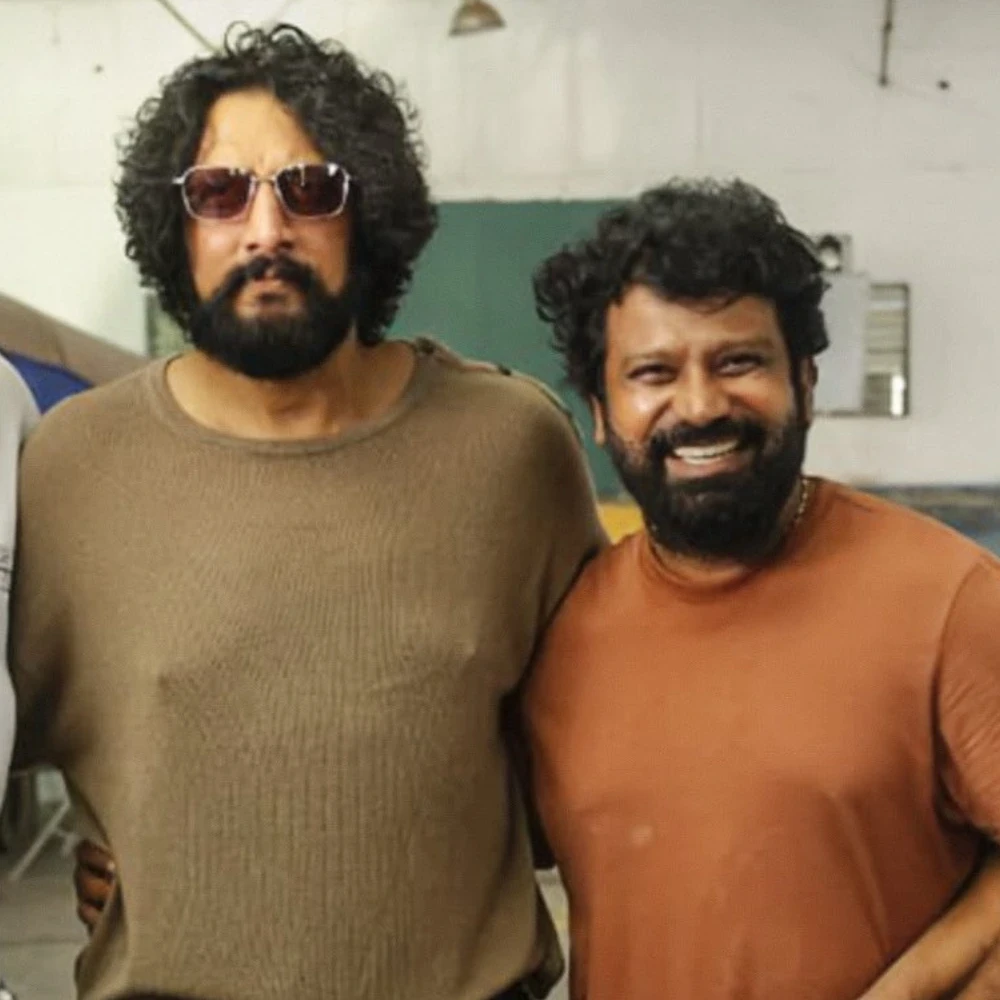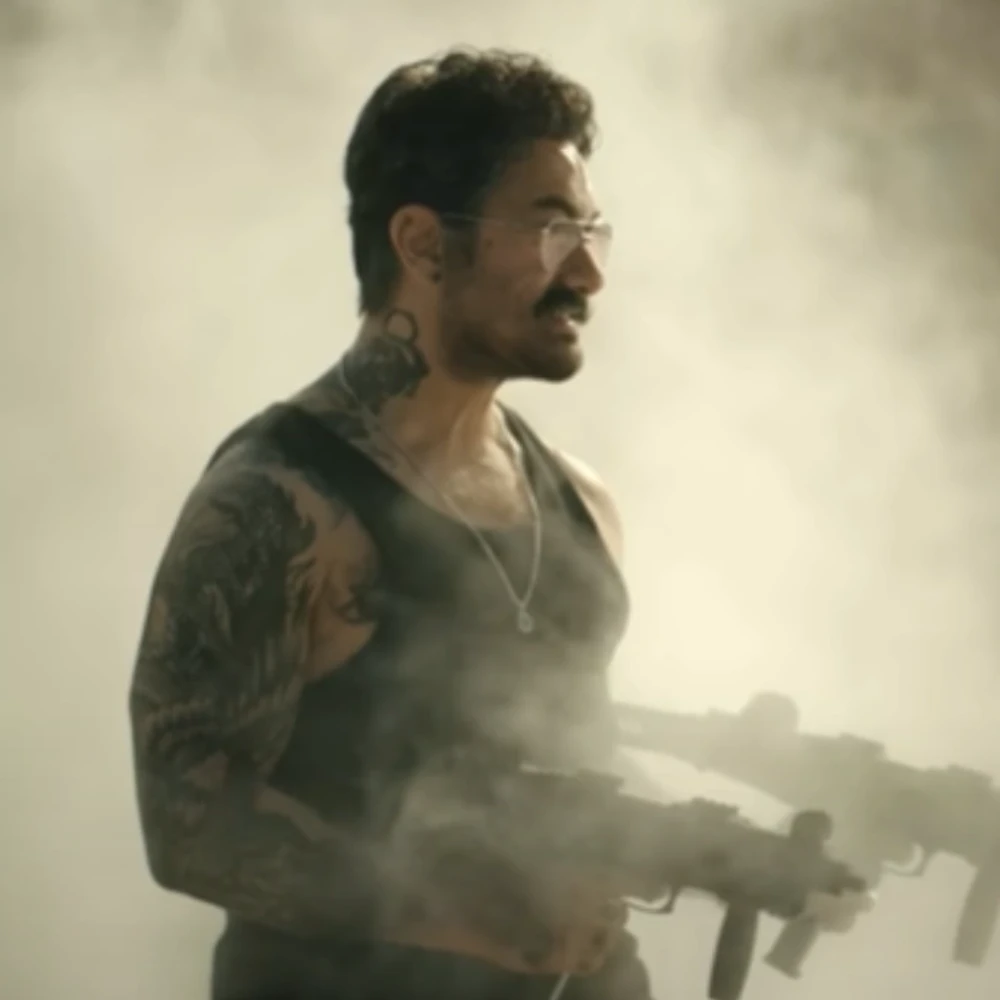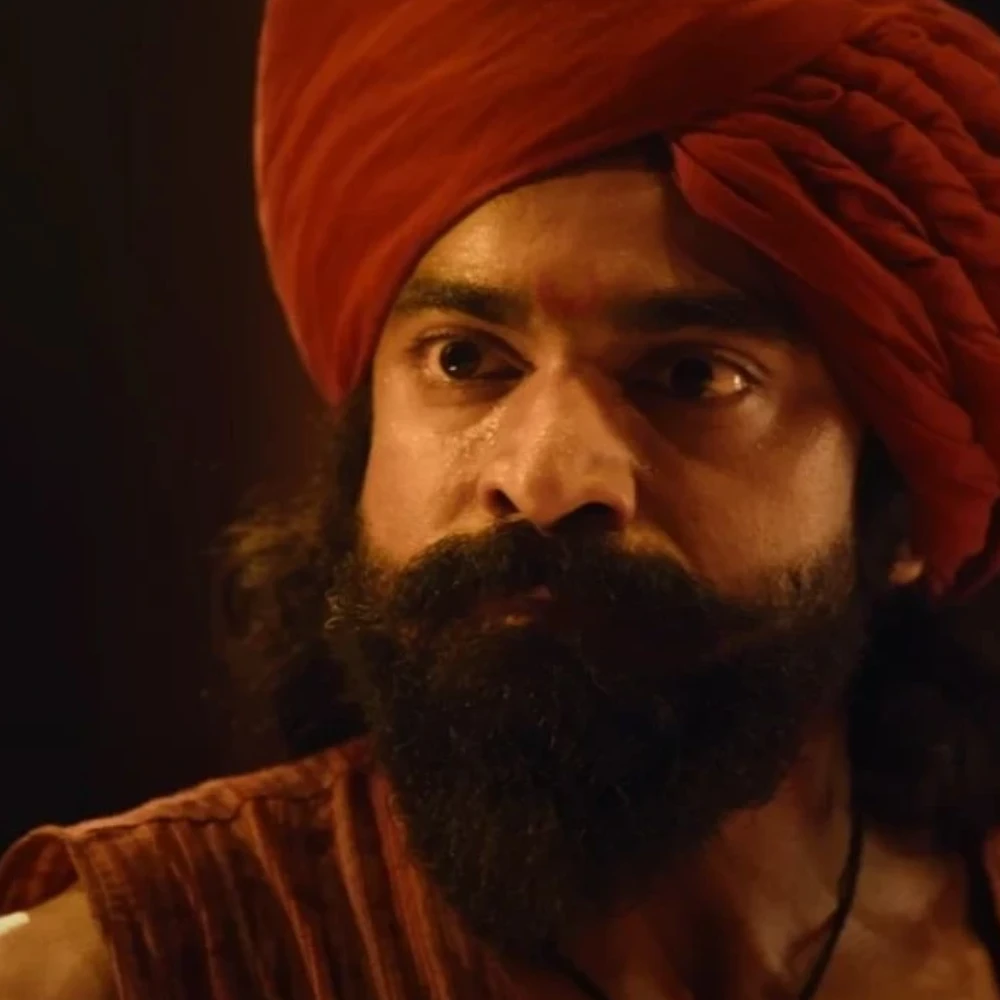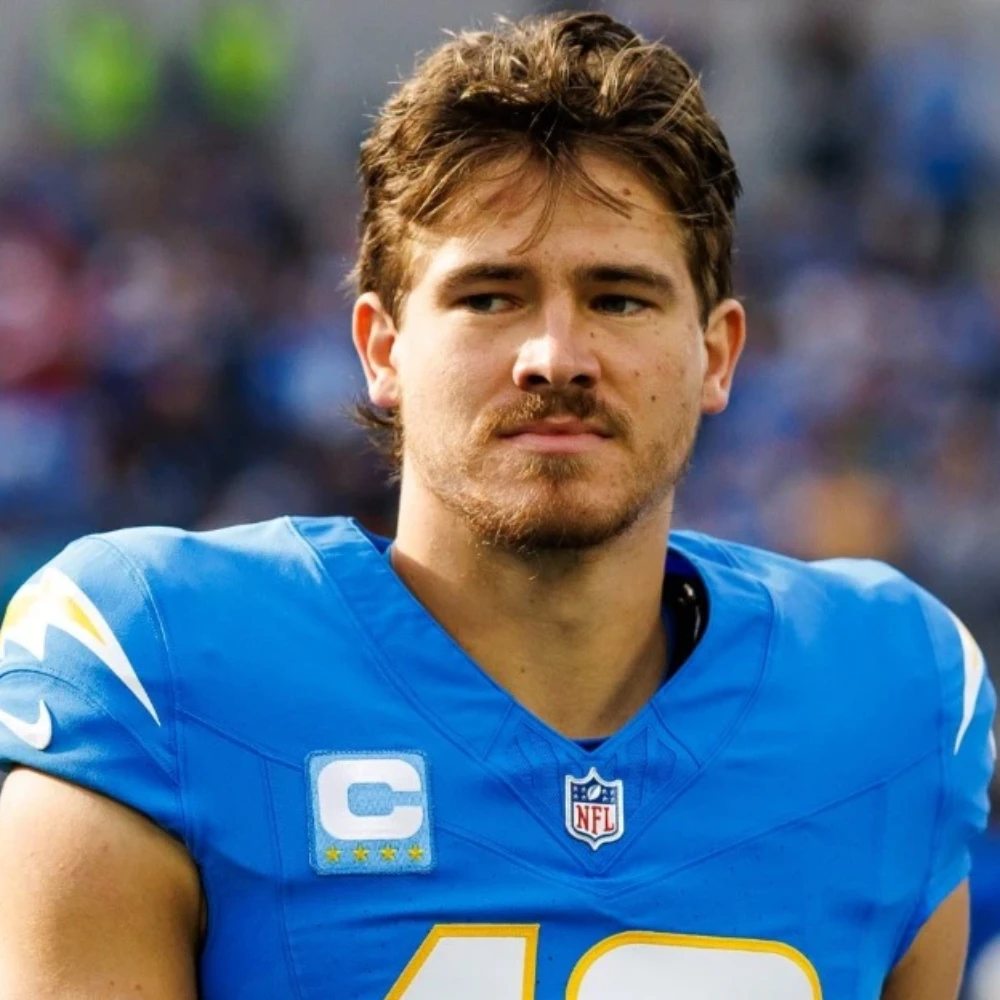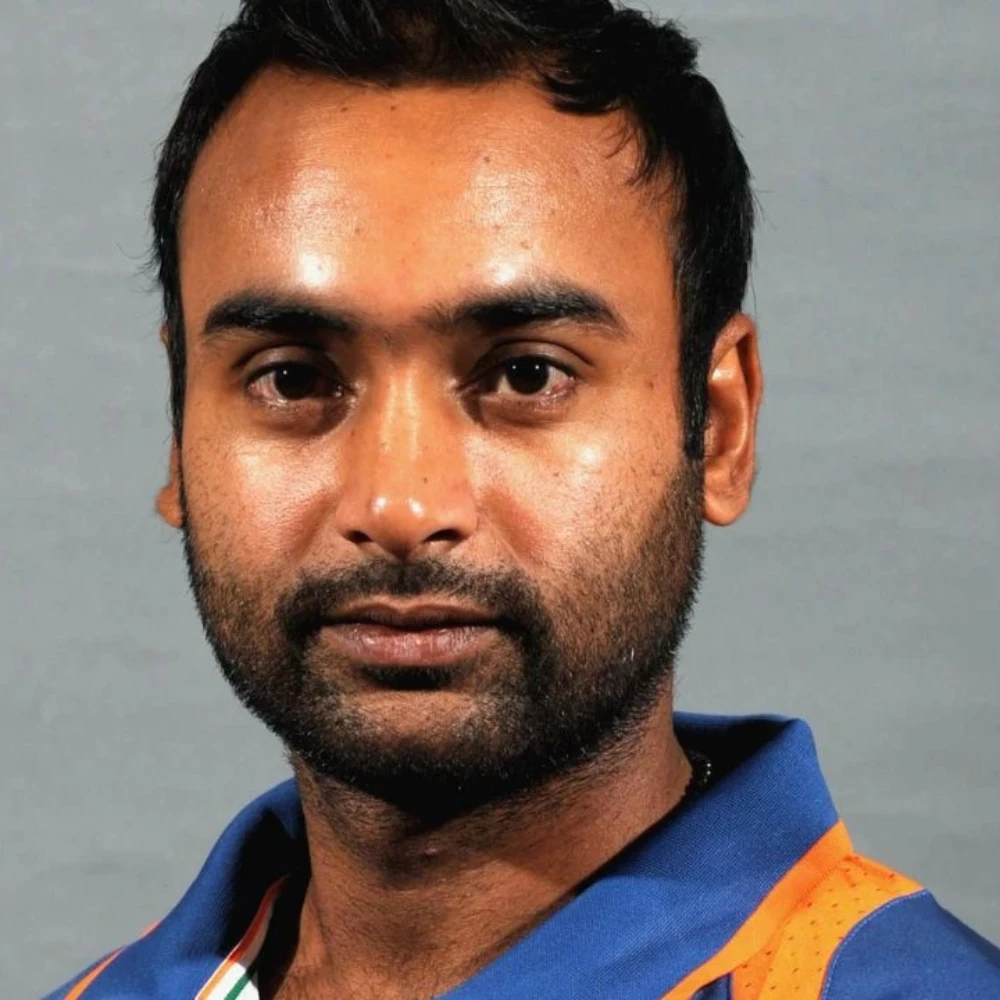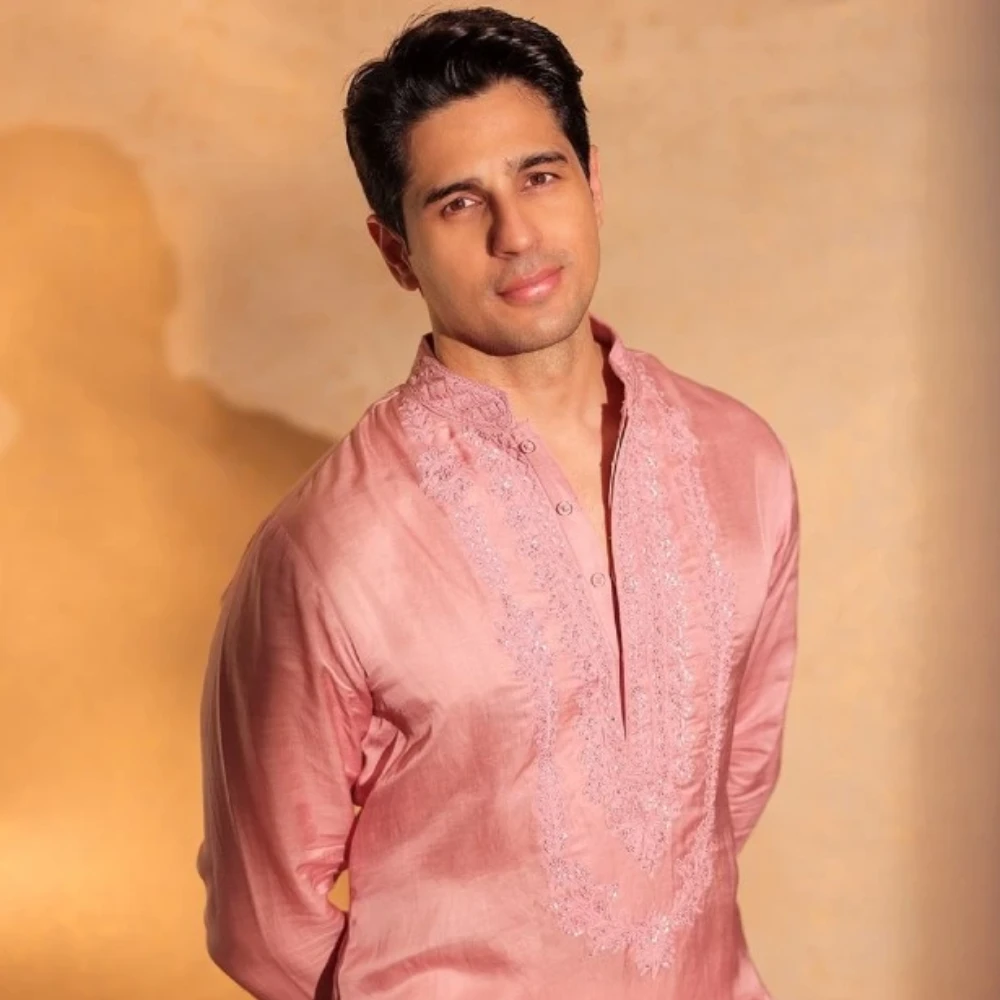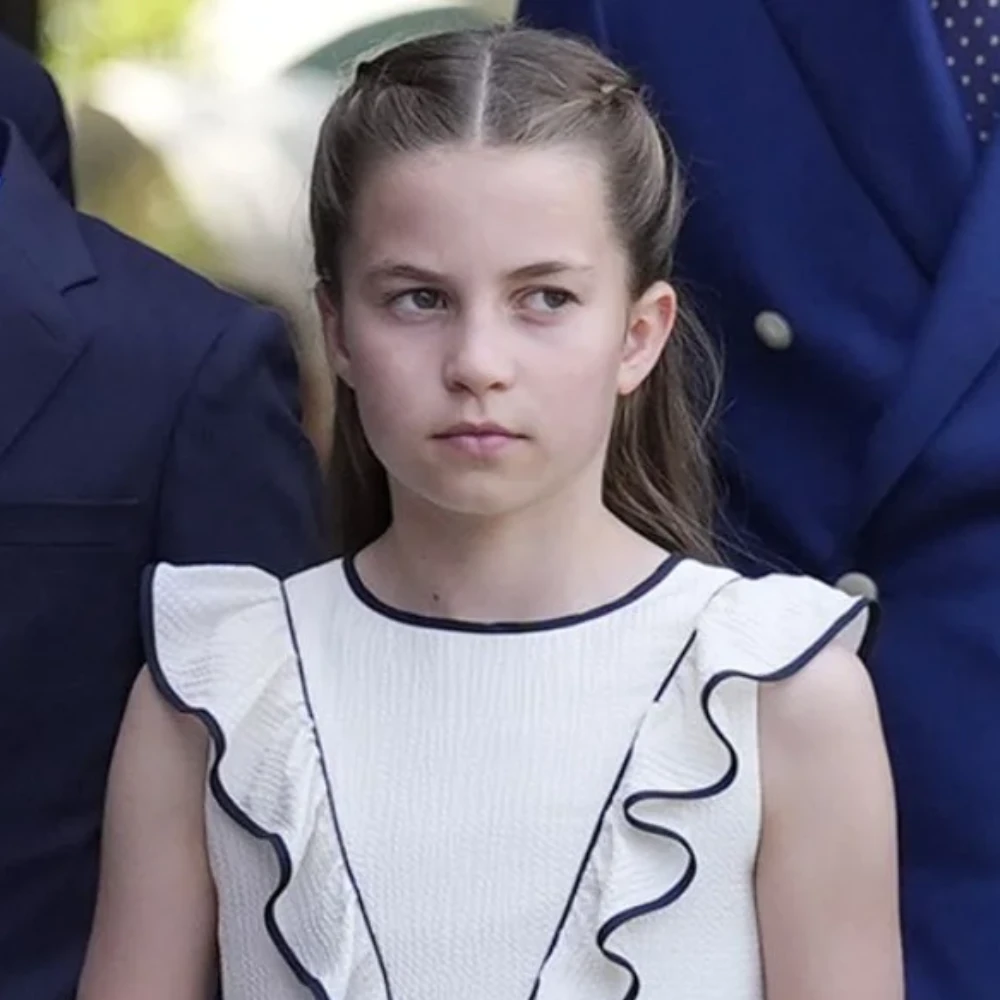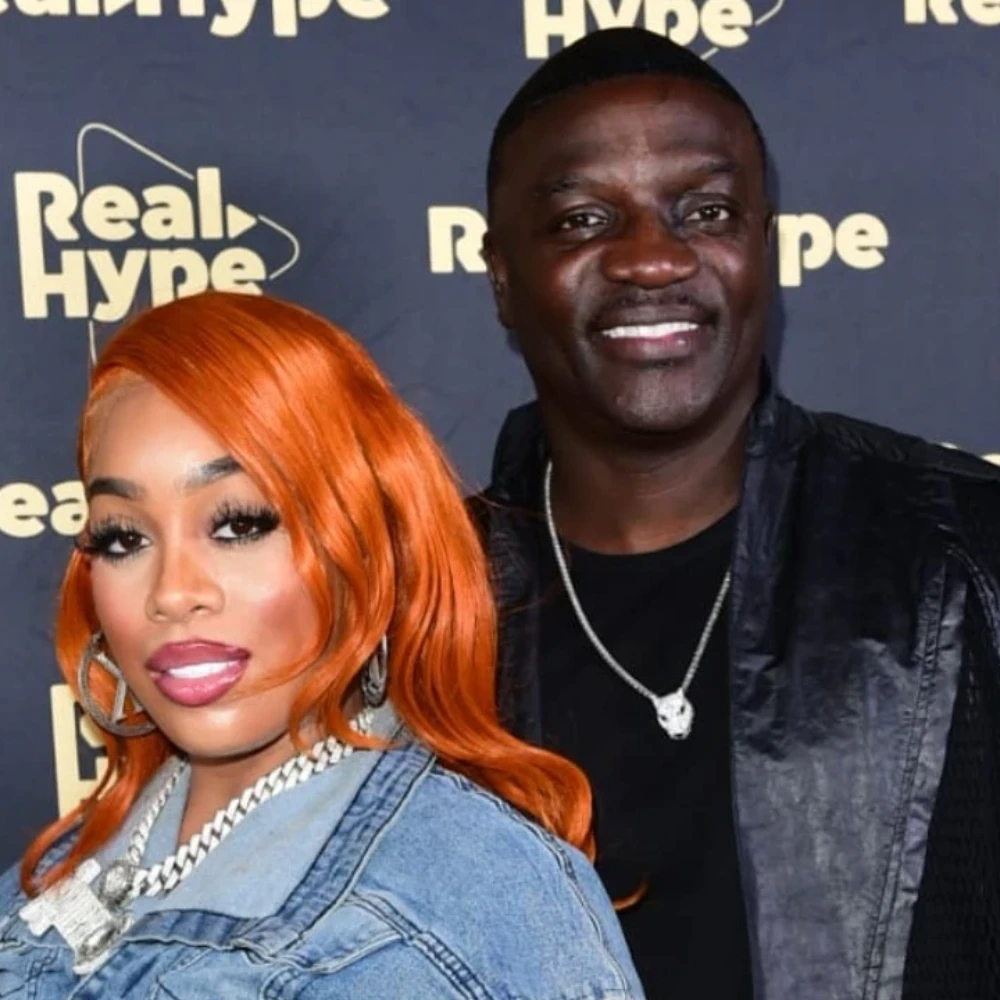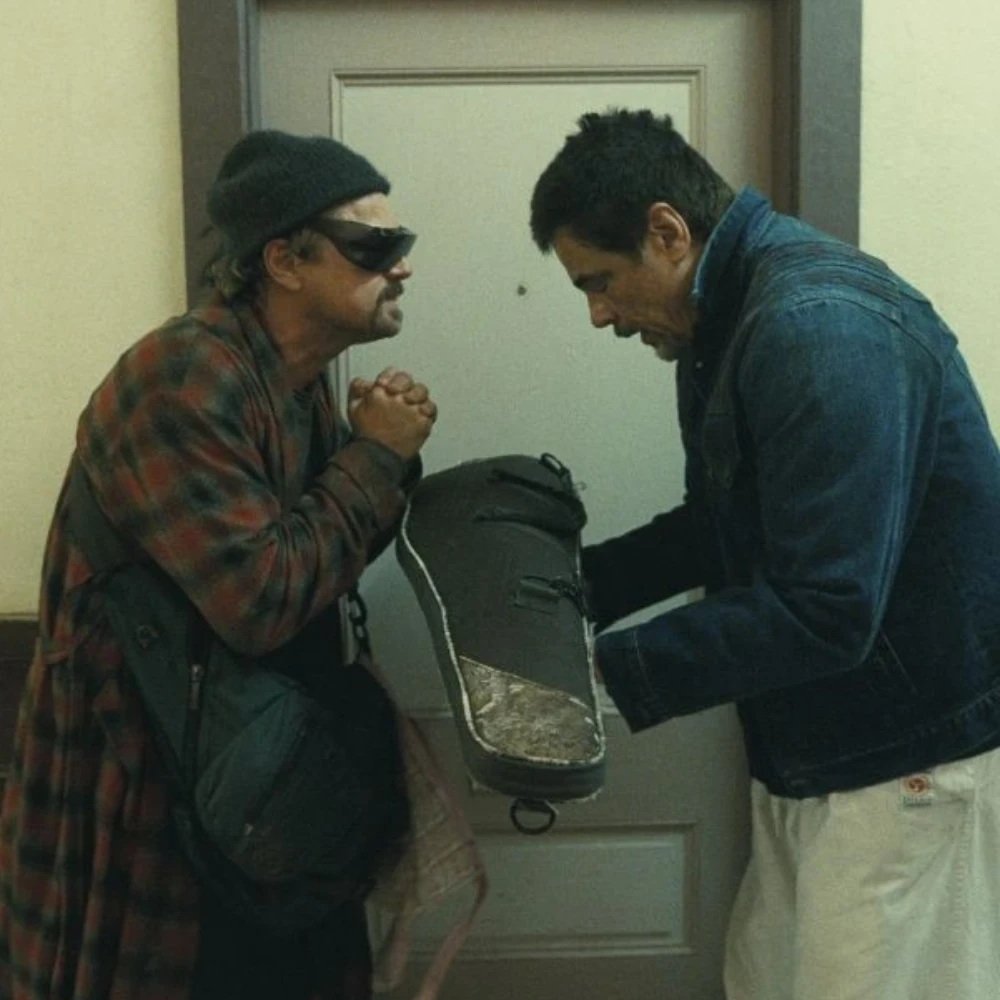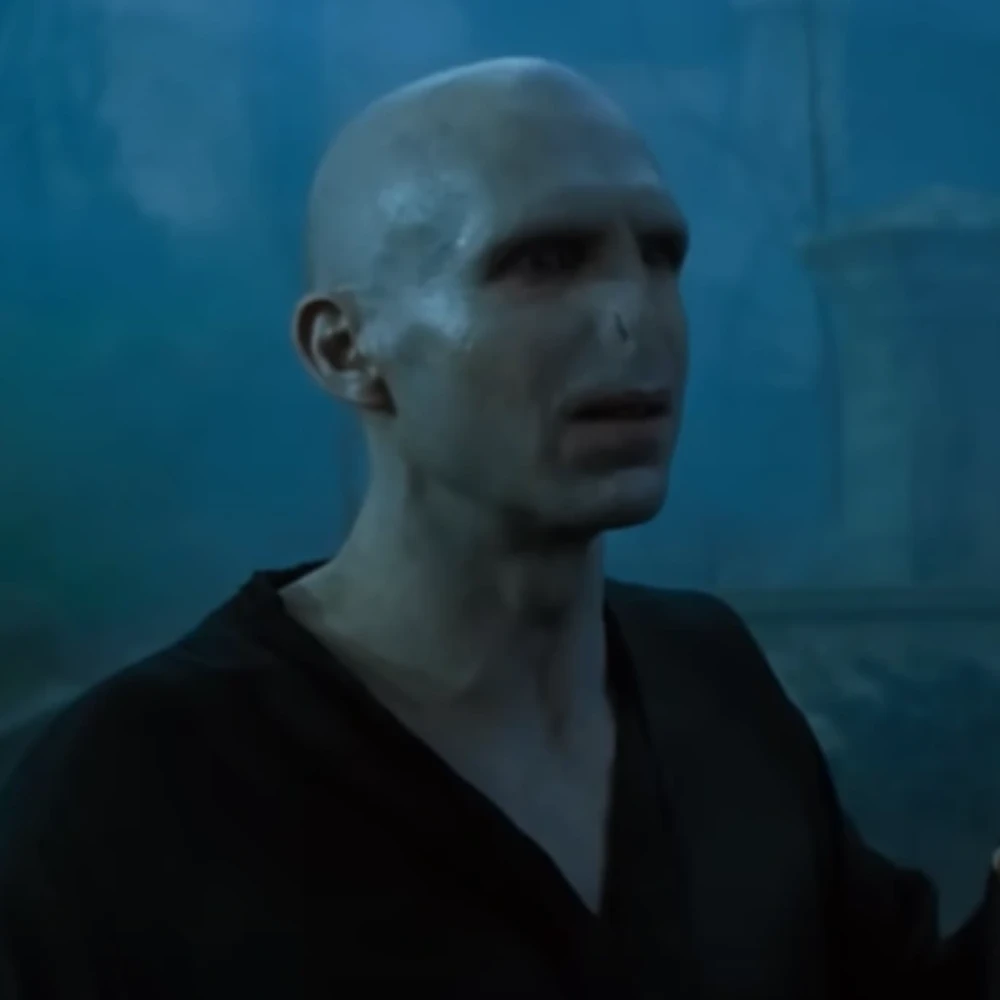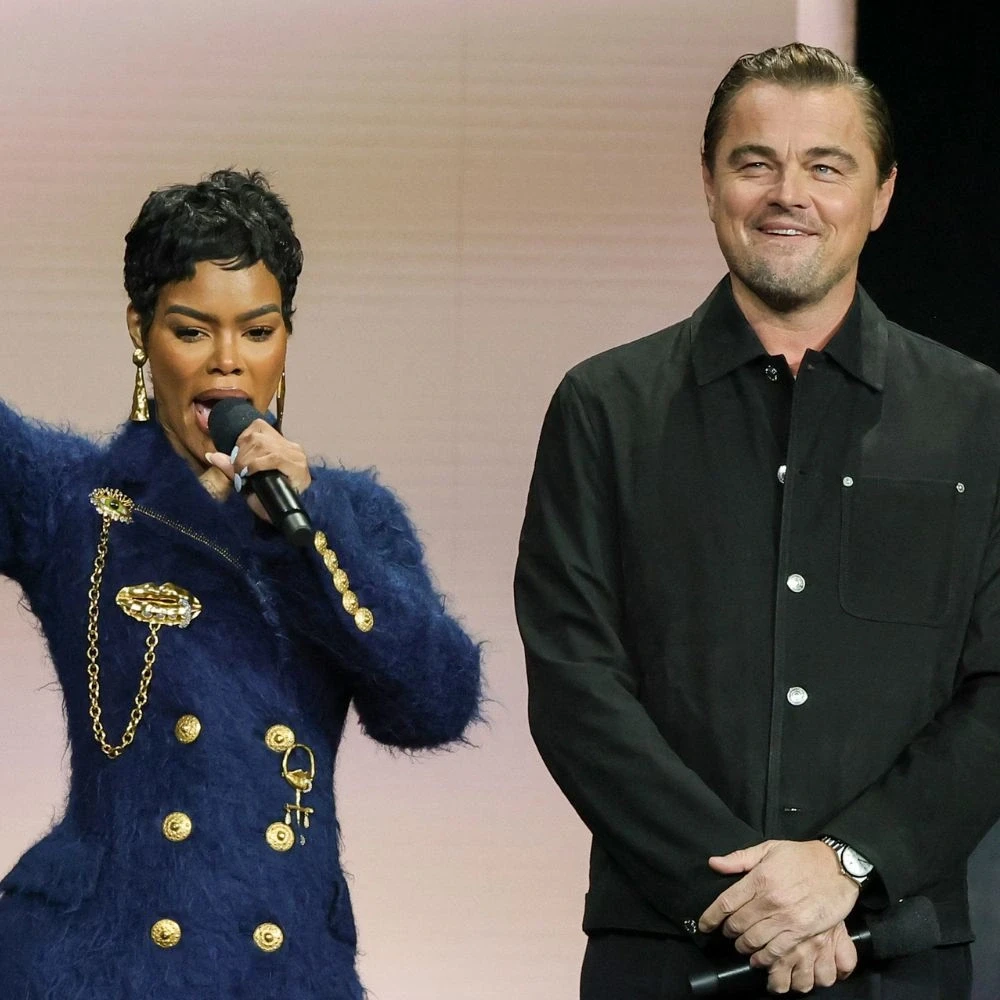Television's Top 8 Timeless Impact Among The Selected 75 Most Impactful TV Moments In Emmys
In 2023, the Television Academy celebrated eight decades of impactful TV moments, curating a list of 75 events that shaped culture and challenged societal norms.
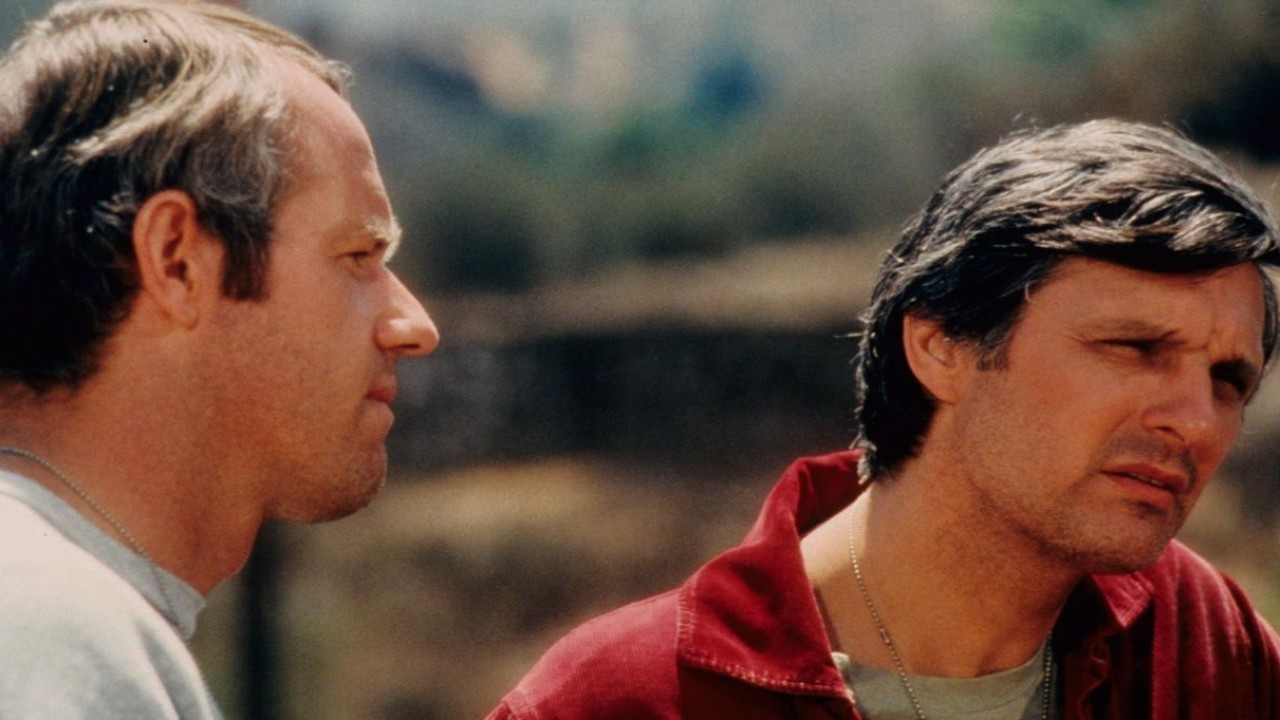
-
Collaboration of industry experts and academics to compile most impactful TV Moments
-
From Apollo 11 to The Beatles' Ed Sullivan Show let’s go through the top 8 of them
Television, the world's most powerful medium, took center stage in 2023 as the Television Academy embarked on a journey to celebrate eight decades of unforgettable moments. Industry experts and academics collaborated to curate a list of over 300 events that left an indelible mark on viewers, the industry, and culture as a whole.
To compile the 75 Most Impactful TV Moments, the Academy's 31 Peer Groups, encompassing professionals from all facets of television, contributed to the list. Academy members and esteemed academics then meticulously reviewed and judged these moments, resulting in a collection that resonates with the diverse essence of television.
The top 20 selections reflect the breadth of television's influence, spanning from the historic Apollo 11 moon landing to The Beatles' iconic Ed Sullivan Show debut. These moments go beyond mere entertainment; they have shaped political landscapes and challenged societal norms, addressing issues such as race, LGBTQ+ representation, and more.
1960s News item: Apollo 11’s historic podcast
President John F. Kennedy's vision ignited a national commitment to reach the Moon by 1970. His 1962 speech at Rice Stadium in Texas stirred patriotic fervor, framing space as a new frontier. Over the next decade, billions flowed into the Apollo Program, with Apollo 8 and 10 pioneering live color TV transmissions from space.
Debates ensued at NASA over Apollo 11 carrying a TV camera to the Moon. Despite concerns about spacecraft weight, a Westinghouse camera was approved, marking a historic moment in broadcasting during the July 1969 mission. Stan Lebar's leadership at Westinghouse played a pivotal role in this lunar broadcasting breakthrough.
2000s News Item: The live coverage of the Attacks of 9/11
On September 11, 2001, the terrorist attacks on the World Trade Center in New York City unfolded in real time, capturing the attention of the world. The live coverage of these tragic events became a defining moment in the history of news reporting.
As the attacks occurred, major news networks like CNN, Fox News, and others provided continuous live coverage, broadcasting shocking images of the planes crashing into the Twin Towers. Journalists on the scene reported on the chaos, the heroic efforts of first responders, and the unfolding crisis.
1960s: The Beatles’ live performance on the Ed Sullivan Show
The Ed Sullivan Show's broadcast of The Beatles' performance on February 9, 1964, is an iconic moment in the history of television and popular music. This appearance marked the U.S. debut of the Beatles and is often considered a watershed moment in the "British Invasion" of American music.
The Beatles' performance on The Ed Sullivan Show attracted an unprecedented television audience, with approximately 73 million viewers tuning in – a record-breaking number at the time.
1970s: The world sees Kunta Kinte’s baby through Roots
The premiere episode of Roots, titled Part I, originally aired on January 23, 1977, and is a pivotal moment in television history. Roots is a miniseries based on Alex Haley's novel, tracing the life of an African man, Kunta Kinte, who was captured and sold into slavery in the United States.
In this episode, viewers witness a poignant scene where Kunta Kinte's newborn baby is held aloft by his father, capturing a powerful image of freedom and possibility. Kunta Kinte, played by LeVar Burton, symbolizes the resilience and heritage of African roots despite the harsh realities of slavery.
1960s: The announcement of John F. Kennedy’s death
Walter Cronkite announced the death of President John F. Kennedy and is etched in history as a profoundly somber and pivotal moment in television journalism. On November 22, 1963, Cronkite, then the anchor of the CBS Evening News, broke the news to the American public with a heavy heart. His iconic words, "From Dallas, Texas, the flash apparently official: President Kennedy died at 1 p.m. Central Standard Time," resonated with viewers nationwide.
1960s: Martin King’s iconic speech
During the March on Washington for Jobs and Freedom on August 28, 1963, Martin Luther King, Jr. delivered his renowned "I Have a Dream" speech. This historic event took place at the steps of the Lincoln Memorial in Washington, D.C., and played a pivotal role in the American civil rights movement.
The "I Have a Dream" speech is celebrated for its vision of equality and justice, and it remains a symbol of the ongoing struggle for civil rights and social justice in the United States.
ALSO READ: Emmy Awards 2024: Quinta Brunson shatters records as the First Black Comedy Lead Actress in 42 years
1960s: The episode of Mister Rogers’ Neighborhood
Episode 1065 of Mister Rogers' Neighborhood, featuring Fred Rogers and Officer Clemmons, is a notable moment in television history for its subtle yet powerful message about racial unity and acceptance. This episode originally aired on May 9, 1969, during a time when racial tensions were prevalent in the United States.
In the episode, Fred Rogers, played by the beloved host Fred Rogers, invites Francois Clemmons, who portrayed Officer Clemmons, to share a wading pool on a hot day. During that era, public pools were often segregated, reflecting the racial divisions in society. By having Officer Clemmons, an African American, share the pool with Mr. Rogers, the show aimed to promote inclusivity and challenge societal norms.
1980s: The finale episode of M*A*S*H
Goodbye, Farewell and Amen is the final episode of the iconic television series M*A*S*H, which aired on February 28, 1983. In this farewell episode, B.J. Hunnicutt, played by Mike Farrell, bids farewell to his close friend and fellow surgeon Hawkeye Pierce, portrayed by Alan Alda.
As B.J. prepares to leave the 4077th M*A*S*H unit, he gives Hawkeye a ride to his chopper. This departure scene is particularly memorable because B.J. leaves a note for Hawkeye, a departure from his usual tradition of leaving humorous messages. The emotional weight of the farewell is palpable as the two friends share a final moment together.
ALSO READ: Why Was the 75th Emmy Awards Delayed for Four Months?





 JOIN OUR WHATSAPP CHANNEL
JOIN OUR WHATSAPP CHANNEL
